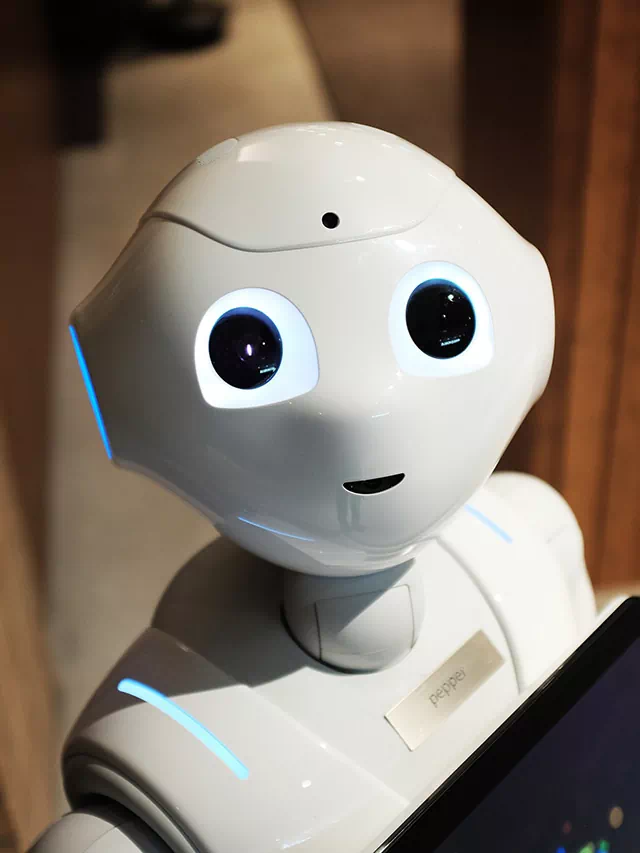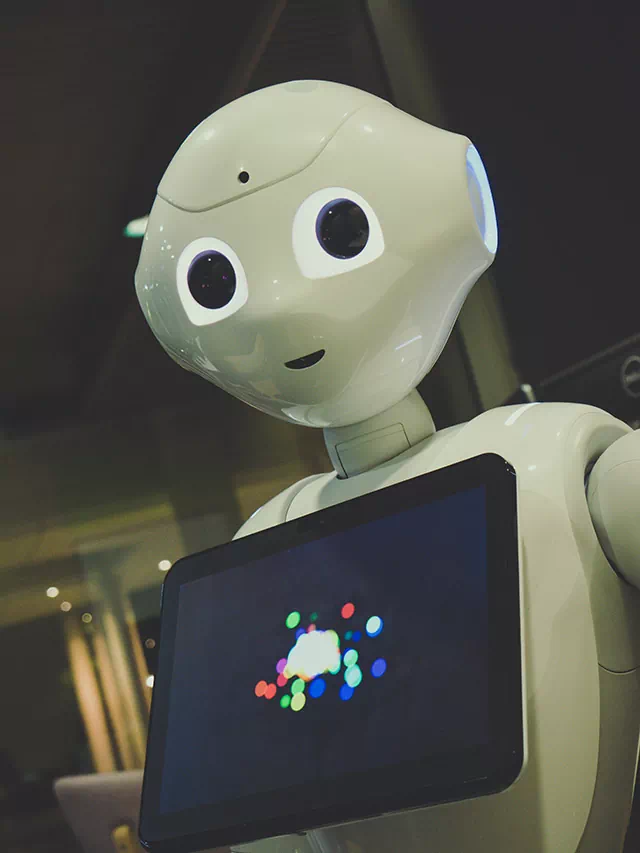Artificial Intelligence (AI) is rapidly transforming the way we live and work, and it’s no secret that many jobs will become obsolete as AI technologies continue to advance. However, it’s important to remember that AI isn’t going to replace all jobs, and there are certain professions that will remain valuable in a world of AI.
Here are some jobs that are likely to remain relevant in the age of AI:
Creatives:
AI is currently incapable of replicating human creativity and originality. Therefore, jobs in the creative fields, such as writers, artists, and musicians, are unlikely to be replaced by AI anytime soon. While AI can assist in certain aspects of creative work, such as generating ideas or automating repetitive tasks, the final product still requires a human touch.
Healthcare professionals:
The healthcare industry is highly dependent on human expertise and empathy, making it unlikely that AI will replace healthcare professionals entirely. While AI can assist in diagnosing and treating certain medical conditions, healthcare professionals will always be needed to provide a personal touch and make decisions that require emotional intelligence.
Teachers:
The role of a teacher goes beyond imparting knowledge; they are also responsible for instilling values, morals, and life skills in their students. While AI can assist in providing personalized learning experiences, it cannot replace the human touch and emotional intelligence that teachers bring to the classroom.
Social workers:
Social workers deal with complex human issues such as poverty, homelessness, and mental health. These issues require a human touch and emotional intelligence that AI cannot replicate. Social workers are also responsible for advocating for their clients, which requires empathy and a deep understanding of human behavior.
Sales professionals:
Sales is a highly emotional and interpersonal field, making it difficult for AI to replace sales professionals entirely. While AI can assist in analyzing data and predicting customer behavior, sales professionals will always be needed to build relationships with customers and close deals.
Technicians:
AI may be able to perform certain technical tasks, but it still requires human oversight and maintenance. Technicians will continue to be in high demand to ensure that AI systems are functioning properly and to repair them when they break down.
Lawyers:
While AI is already being used to assist with legal research and document review, it cannot replace the expertise and judgment of human lawyers. Lawyers are needed to interpret the law, provide legal advice, and argue in court, all of which require human intelligence and emotional intelligence.
Here are some potential job opportunities that may arise in the age of AI:
AI trainers:
As AI systems become more sophisticated, they will require individuals to train them to perform specific tasks. AI trainers will be responsible for teaching machines how to learn and adapt to new data, ensuring that they are able to perform their intended functions.
Data analysts:
AI generates vast amounts of data, and analyzing that data requires human expertise. Data analysts will continue to be in demand to interpret and make sense of the data generated by AI systems.
Cybersecurity professionals:
As AI systems become more integrated into various industries, they will also become more vulnerable to cyberattacks. Cybersecurity professionals will be needed to ensure that these systems are secure and protected from hackers.
Human-AI integration specialists:
As AI systems become more prevalent in various industries, there will be a need for individuals who are able to integrate them into existing systems and workflows. Human-AI integration specialists will be responsible for ensuring that AI systems work seamlessly with human workers and that they are able to complement each other’s strengths.
Ethical AI consultants:
As AI systems become more advanced, they will also raise ethical concerns about their impact on society. Ethical AI consultants will be needed to ensure that AI systems are developed and used in a responsible and ethical manner, taking into account the potential impact on society and the environment.
In conclusion, while AI will undoubtedly lead to the elimination of certain jobs, there are still many professions that will require the unique skills and expertise of human workers. Jobs that require creativity, empathy, emotional intelligence, and interpersonal skills are likely to remain in demand in the age of AI. The key for workers is to stay adaptable, constantly upskilling and evolving to remain relevant in an ever-changing job market.


